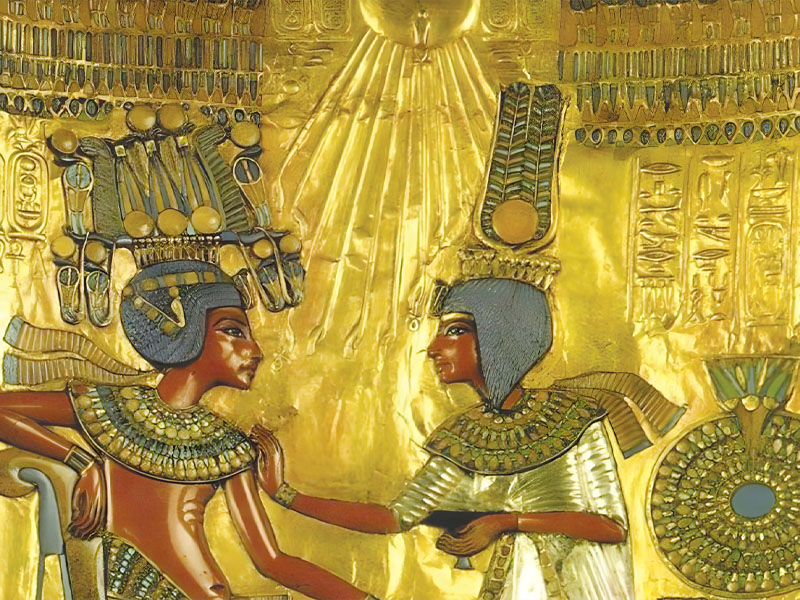Folklore: A language that civilisations use to communicate
Issue 40

By Susan Yusuf, Egypt
Folklore is oral cultural heritage that is transmitted from generation to generation by oral, written, or recorded means. It includes music, literature, drama, visual arts, folk literature, and other practices. These audio, visual and intellectual elements of culture are interconnected, but one of them prevails over the rest.
One of the important branches of folklore, folk literature is also known as oral or expressive literature. The narrator's performance is one of the most important means of communication with the audience.
In this study, folkloric texts are regarded as a source of historical knowledge. Folklore is a science that reveals a people’s inherited beliefs and customs. The new generation adapts the old texts to suit their lifestyle and era; folklore is so flexible that it can be updated.
Although folklore is local, it also has a universal nature. The importance of the texts stems from their local nature, but also from their dissemination and ease of circulation. Folk literature is rooted in ancient civilisations, so when one is attempting to understand the relationship between the East and the West, it is very important to study the folk texts of Eastern and Western civilisations for a precise understanding of the peoples.
Although the basic component of a folktale is common to all versions of that tale, when a text moves from one culture to another, it is customised so that it is consistent with the new culture and compatible with the new audience. Therefore, the folktale is subject to multiple readings in different places and times.


































































